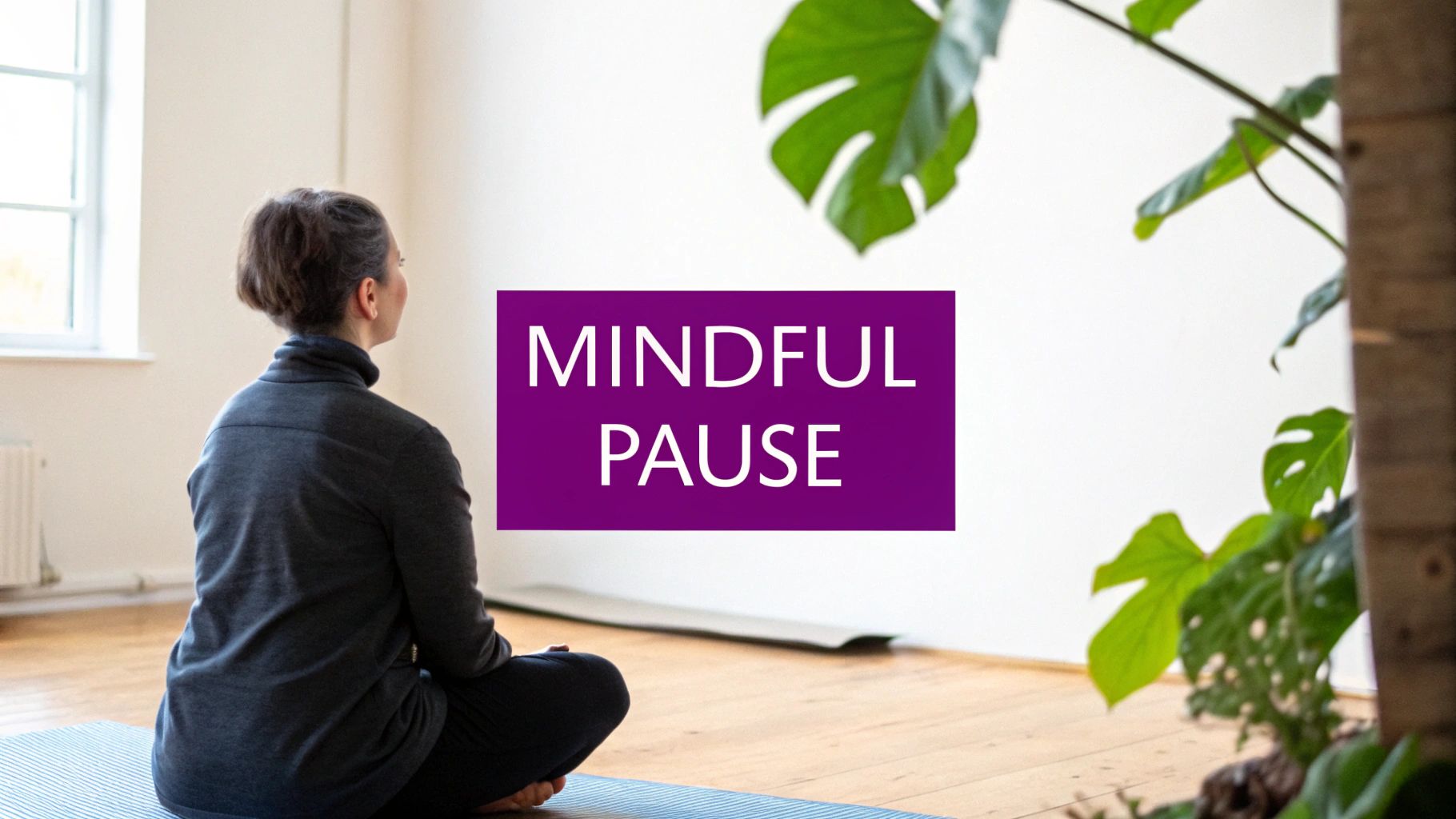
Addiction recovery presents unique challenges, but it's a journey you don't have to face alone. For centuries, people have searched for ways to understand the complex relationship between the mind and body, especially when dealing with difficult habits and dependencies. Mindfulness, based on ancient contemplative practices and adapted for our modern lives, offers a powerful approach to healing and recovery from addiction.
Its effectiveness lies in cultivating present moment awareness without judgment. This allows you to observe your thoughts, feelings, and physical sensations related to cravings and triggers without being overwhelmed by them. By understanding the underlying mechanisms of addiction through this mindful lens, you can start to break free from the automatic responses that contribute to harmful behaviors.
This understanding of the mind-body connection has significantly influenced various therapeutic approaches for addiction, stress management, and overall well-being. From Eastern meditation practices to modern Cognitive Behavioral Therapies (CBT), the principle of cultivating awareness is central to personal growth. Effective strategies empower individuals not just to manage challenges, but to understand the root causes of their struggles and develop healthy coping mechanisms.
This article explores eight different mindfulness exercises designed to support addiction recovery. These practices provide practical techniques to navigate cravings, manage stress, and cultivate a deeper sense of self-awareness, paving the way for lasting sobriety.
You'll discover how to incorporate these exercises into your daily life, equipping you with tools to manage cravings, reduce stress, and build a foundation for long-term recovery. Prepare for a journey of self-discovery and reclaim your life, one mindful moment at a time.
The SOBER Breathing Space is a powerful mindfulness exercise designed to help people recovering from addiction. It acts as a pause button between triggering situations and potential relapse, bringing your attention to the present. This technique, easily remembered by the acronym SOBER (Stop, Observe, Breathe, Expand awareness, and Respond mindfully), helps break automatic reactions and creates space for healthier choices.

This 5-step process, typically taking 3-5 minutes, is a portable practice you can use anywhere, especially in high-risk situations when cravings emerge. Let's break down each step:
The SOBER Breathing Space offers several benefits: